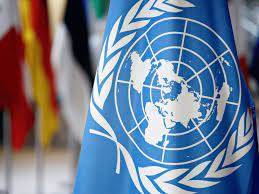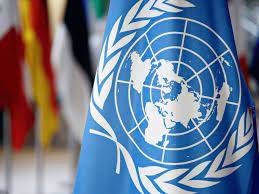It seemed obvious that the budget would not pass without objection, through a smooth, flexible, and ordinary approval, on a frightening night when Lebanon stood at the closest point to reaching the brink of a serious and dangerous social explosion, summarized by an unprecedented wave of armed or intimidating intrusions into more than nine banking branches between Beirut and the regions.
The day of the intrusions, which appeared to unfold in a sequence of rapid and effective operations to instill a state of panic in banks, seemed as if it were the product of an organized, well-planned, and executed scheme. This day pushed the crisis of depositors in Lebanese banks for the first time into the spotlight of the internal event since the explosion of the financial crisis in Lebanon three years ago.
Although the so-called Depositors Association did not deny for a moment that it was behind these intrusions, this did not eliminate other fears regarding the extremely negative and dangerous repercussions of generalizing the approach of forceful or violent intrusions in pursuit of recovering rights to deposits, since these rights could themselves become subject to triggering an even more severe phase in the context of this disastrous crisis.
The initial response of the banks was to close all branches on Monday, Tuesday, and Wednesday of next week, which only signifies a worsening of the crisis as the crisis of depositors has become confined between the banks and depositors, while the fall of the budget in the House of Representatives represented the most expressive model of confusion, disintegration, and catastrophic inability to devise the urgent solutions needed for the most dangerous aspects of the financial crisis.
There were widespread fears that the absence of the judiciary to assume its responsibilities in this impending chaotic chapter would exacerbate further repercussions, as it was evident that this factor played an extremely negative role in the alarming manifestations that emerged strongly on the day of the intrusions. This was evidenced by the fact that one of the key decisions from the emergency security meeting held at the Grand Serail was to activate the Public Prosecution starting at the beginning of next week to confront this wave.
Amid these concerning developments, "An-Nahar" reported that a French-Saudi-American meeting will be held on the sidelines of the United Nations General Assembly in New York regarding Lebanon, with the participation of senior officials from the foreign ministries of the three countries monitoring the Lebanese file, to discuss the situation in Lebanon and the necessity of holding presidential elections.
A Western diplomatic source told "An-Nahar" that if presidential elections do not take place on schedule, and President Michel Aoun remains in Baabda, the concerned countries regarding the Lebanese file, led by the United States, will declare a negative stance on this possibility. The source did not rule out that U.S. Secretary of State Antony Blinken may meet with caretaker Prime Minister Najib Mikati in New York.




